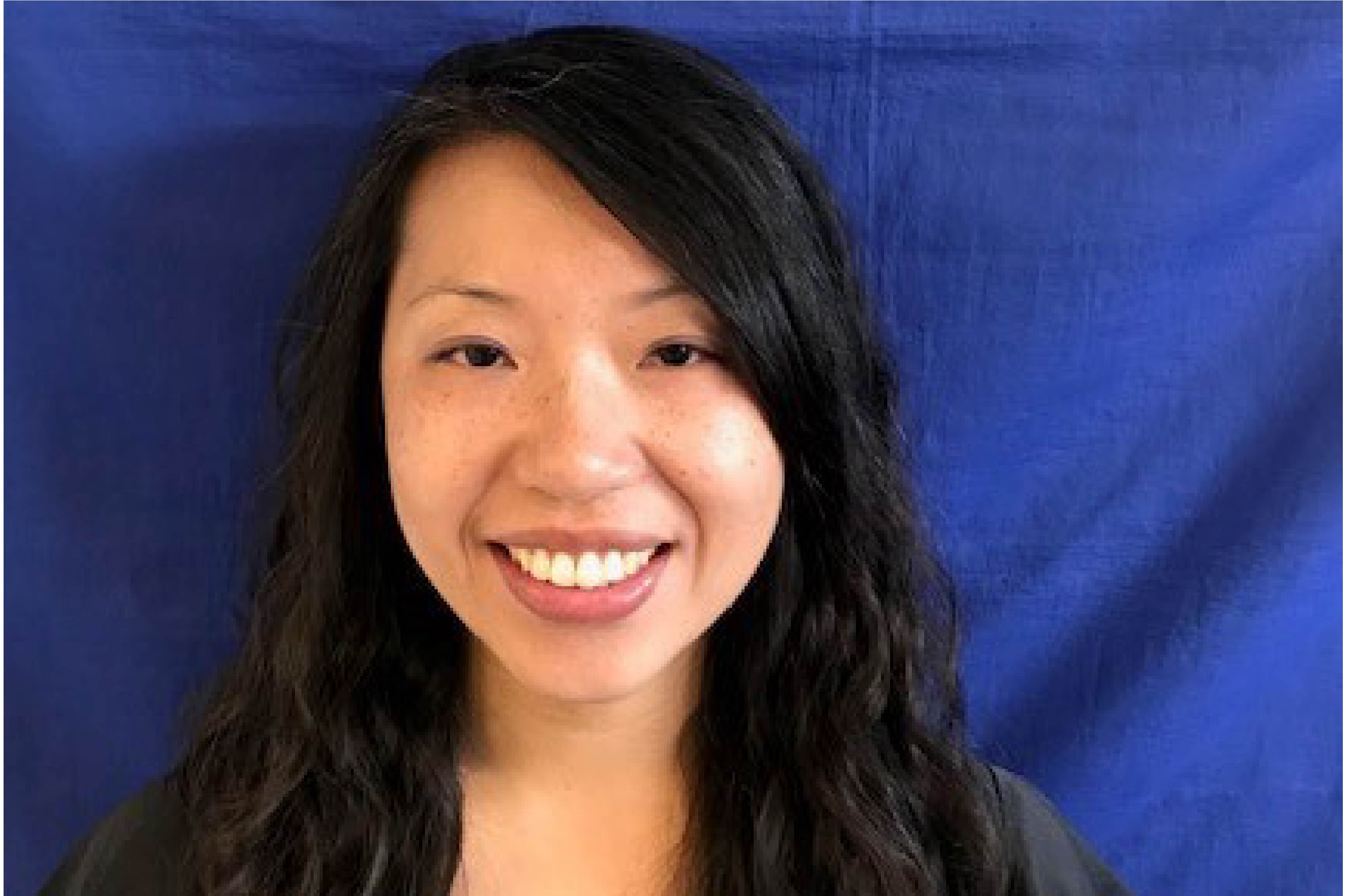Having good nutrition is important for older adults. It helps encourage good health, quality of life and vitality. Unfortunately, many seniors do not eat as well as they should, which can lead to poor nutrition, malnutrition, and even misdiagnosis of a health issue.
“Nutritional needs change as we age, which is why a good daily diet is important,” says On Lok Dietitian Sharon Jones. In her role with the organization, Sharon provides dietary recommendations for On Lok participants. This includes creating meals for participants that promote good health and are based on specific physical and medical conditions of each senior.
Sharon has been a nutritionist for 11 years and before working with On Lok, worked in a variety of settings, including hospitals, private practice that specialize in weight management, and the food bank. In her work with On Lok PACE, Sharon has gotten to know many seniors and considers them like part of her family. This is important as she considered diet and meal planning for the hundreds of seniors they serve.
When preparing meals, On Lok dietitians consider a variety of factors -- age, height, weight, gender, fitness ability, and any health conditions, such as diabetes, kidney disease, or high cholesterol or blood pressure, then use this information to create a customized diet for every senior.
“Nutritionists must be aware of a variety of appetites and make personalized recommendations on diet and nutrition based on the seniors we serve,” says Sharon. “This includes not only the overall health report of hundreds of participants, but specific individual details, such as ability to chew and swallow, allergies and intolerances…even cultural and religious food preferences. And if the medical or nutrition condition of a participant changes, the diet may have to be reassessed and adjusted accordingly.”
On Lok does not have food delivery for every senior it serves, as it depends on each person’s need. Some live with their families, who prepare their loved one’s meals. “In this case, On Lok communicates with the family on how to improve the seniors’ diet,” says Sharon. “For example, if a senior only eats bread at breakfast, we might suggest adding eggs and avocado to make it more of a complete meal."
Dietitians have an in-depth understanding of the nutritional needs and eating habits of seniors. As such, part of Sharon’s job is also to educate seniors on good eating habits and basic nutrition. “Helping them understand what foods are good to eat, and what kind of diet they should have if they have a specific health condition, is an important part of the work we do,” Sharon adds. “Often, it’s reminding them of what we learn at a young age -- eat three meals a day, be sure to eat fruits and vegetables, and drink one cup of milk a day or a calcium supplement, like Vitamin D, for good bone health.”
Original Source: World Journal. Some differences may occur due to translation.
